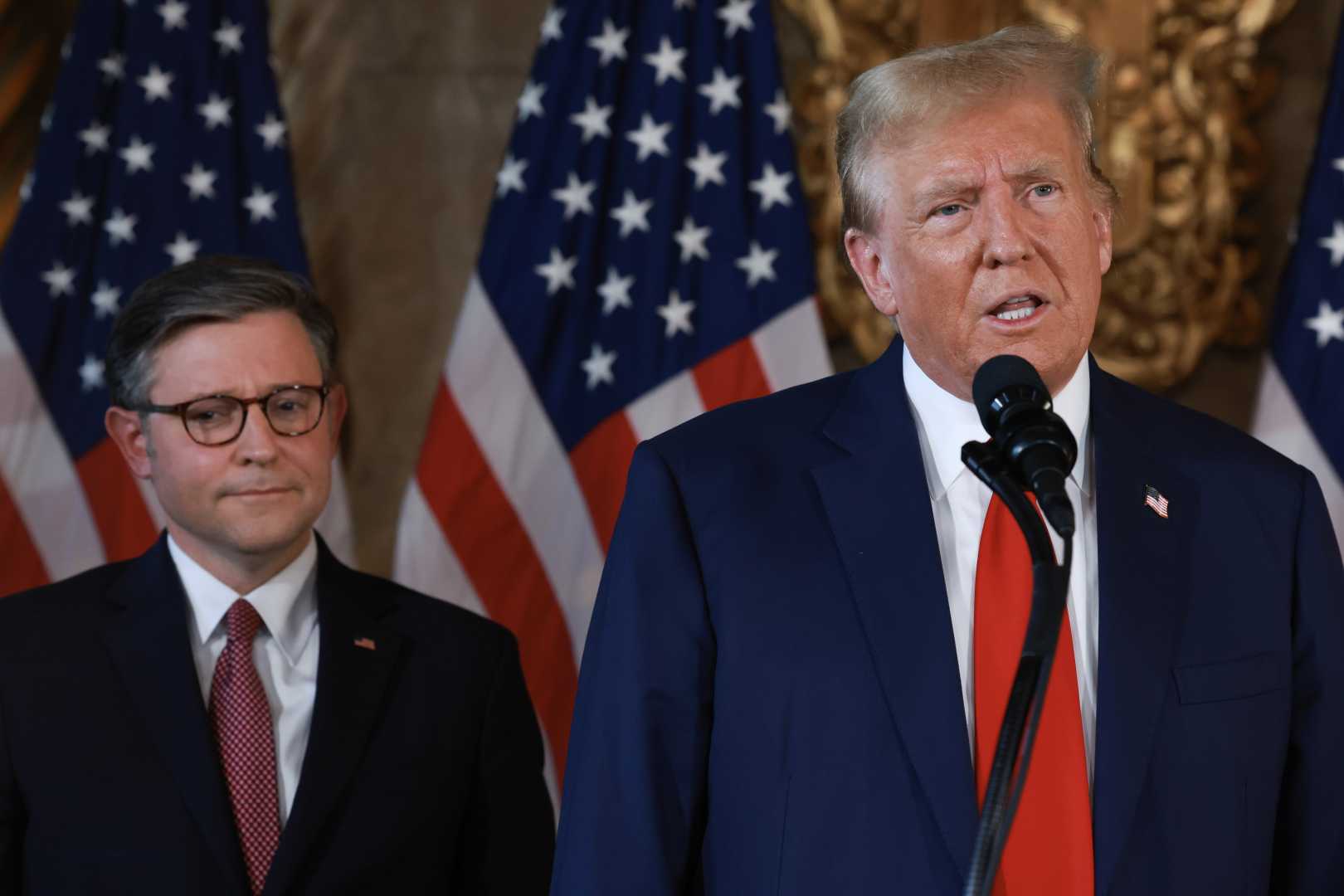Politics
Trump Stirs Confusion Over Healthcare Cuts Amid GOP Budget Plans

WASHINGTON, D.C. — In a whirlwind of conflicting statements, President Donald Trump last week cast doubt on the future of Medicaid and Medicare during an interview with Fox News host Sean Hannity. After promising that these programs would remain untouched, his endorsement of the House GOP budget plan revealed a stark contradiction.
During the Fox News segment, Trump assured the American people that “Social Security won’t be touched” and echoing the same sentiment for “Medicare and Medicaid.” His phrasing appeared straightforward, seemingly calming concerns for Americans relying on these critical health care programs.
However, just a day later, Trump endorsed a House budget resolution that proposed significant cuts to the Medicaid program, leading to confusion within his own administration and among his supporters. Many questioned how the president’s strong declarations could contradict the very budget plan he endorsed.
If enacted, the budget outlines nearly $880 billion in spending cuts from Medicaid, primarily targeting low-income Americans. This has prompted a backlash among moderate Republicans who caution that such measures would severely impact vulnerable communities who depend on these services.
“For many families across the country, Medicaid is their only access to healthcare,” said a group of House GOP moderates in a letter this past week. “Slashing Medicaid would have serious consequences.”
The ramifications extend beyond Medicaid, as Trump’s partial commitments to protect Social Security and Medicare and the evolving GOP budget plan foreshadow a turbulent political climate. The “full America First agenda” promoted by Trump combines significant tax cuts with a call for harsh spending reductions, particularly affecting healthcare programs.
Supporters of the budget argue that major reforms are necessary to control federal spending, as evidenced by House Speaker Mike Johnson’s recent commentary on Medicaid work requirements. Johnson stated, “Little things like that make a big difference not only in the budgeting process but in the morale of the people.” Yet two-thirds of current Medicaid beneficiaries already work, attend school, or take care of family members, leaving many skeptical about the actual impact of different proposed policies.
On a wider scale, Democrats warn that cuts to Medicaid could endanger the healthcare system, especially for low-income patients, as emergency rooms already face increased volumes due to lack of insurance. “Hospitals will close, especially in rural America,” said House Democratic leader Hakeem Jeffries. “Children, seniors, and those suffering with disabilities will be hurt.”
Meanwhile, Trump’s continuing references to “waste, fraud, and abuse” in discussions surrounding Medicare raise concerns. Critics point out that the president has yet to provide substantial proof that such issues are widespread enough to justify slashing budgets, casting doubt on the credibility of future reforms.
The expectations for Medicaid and Medicare under the potential leadership of Dr. Mehmet Oz, Trump’s nominee for the Centers for Medicare and Medicaid Services, add another layer of uncertainty. Observers are uncertain about how Oz will balance his past support for health reform with a Republican agenda that might include austerity measures.
Ultimately, as discussions regarding budgets continue in Congress, many Americans remain apprehensive about the future of vital entitlement programs. With polls indicating widespread public support for Medicaid and Medicare, advocates urge constituents to speak out against proposed cuts to ensure that those in need retain access to essential healthcare services.












